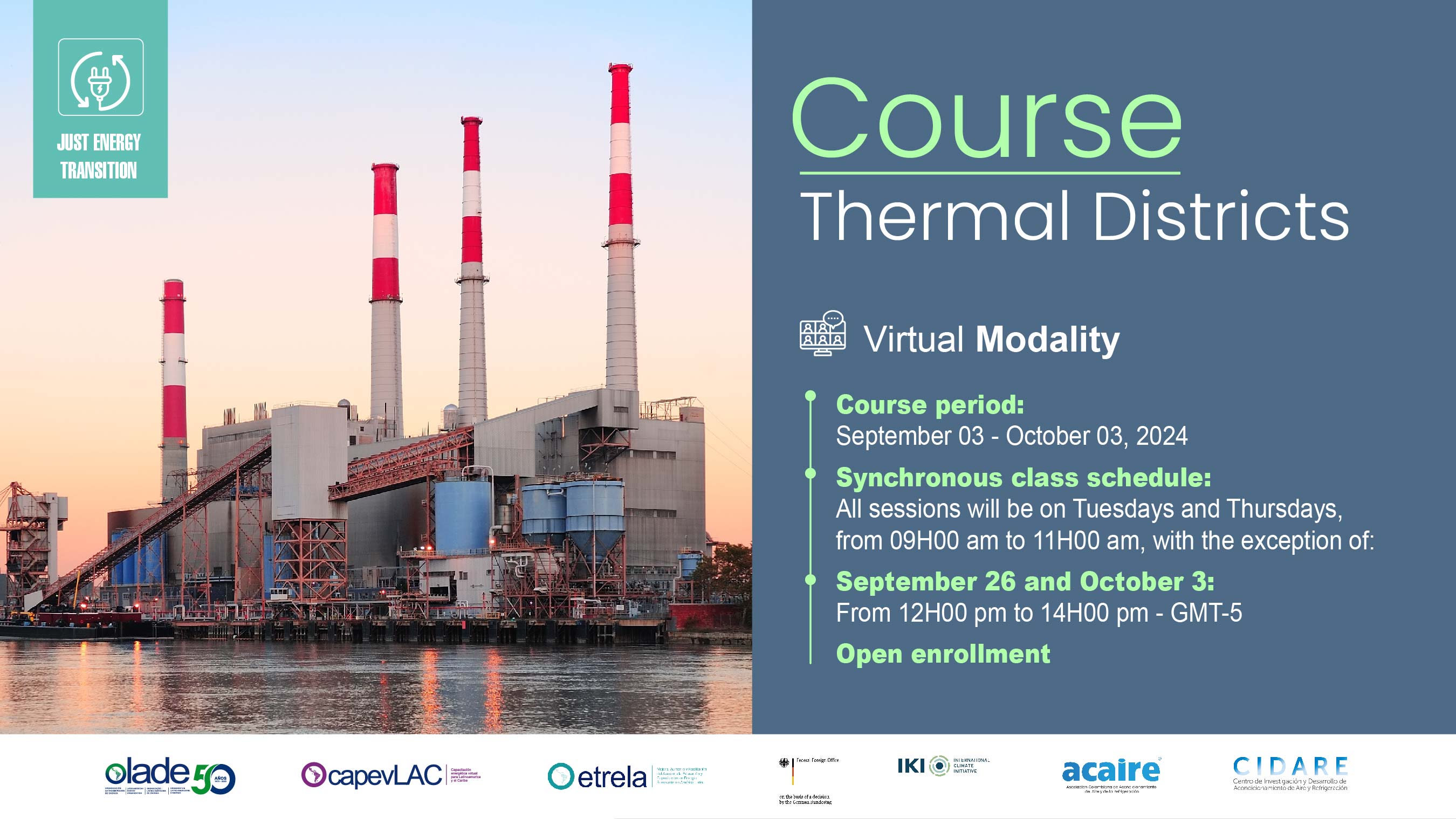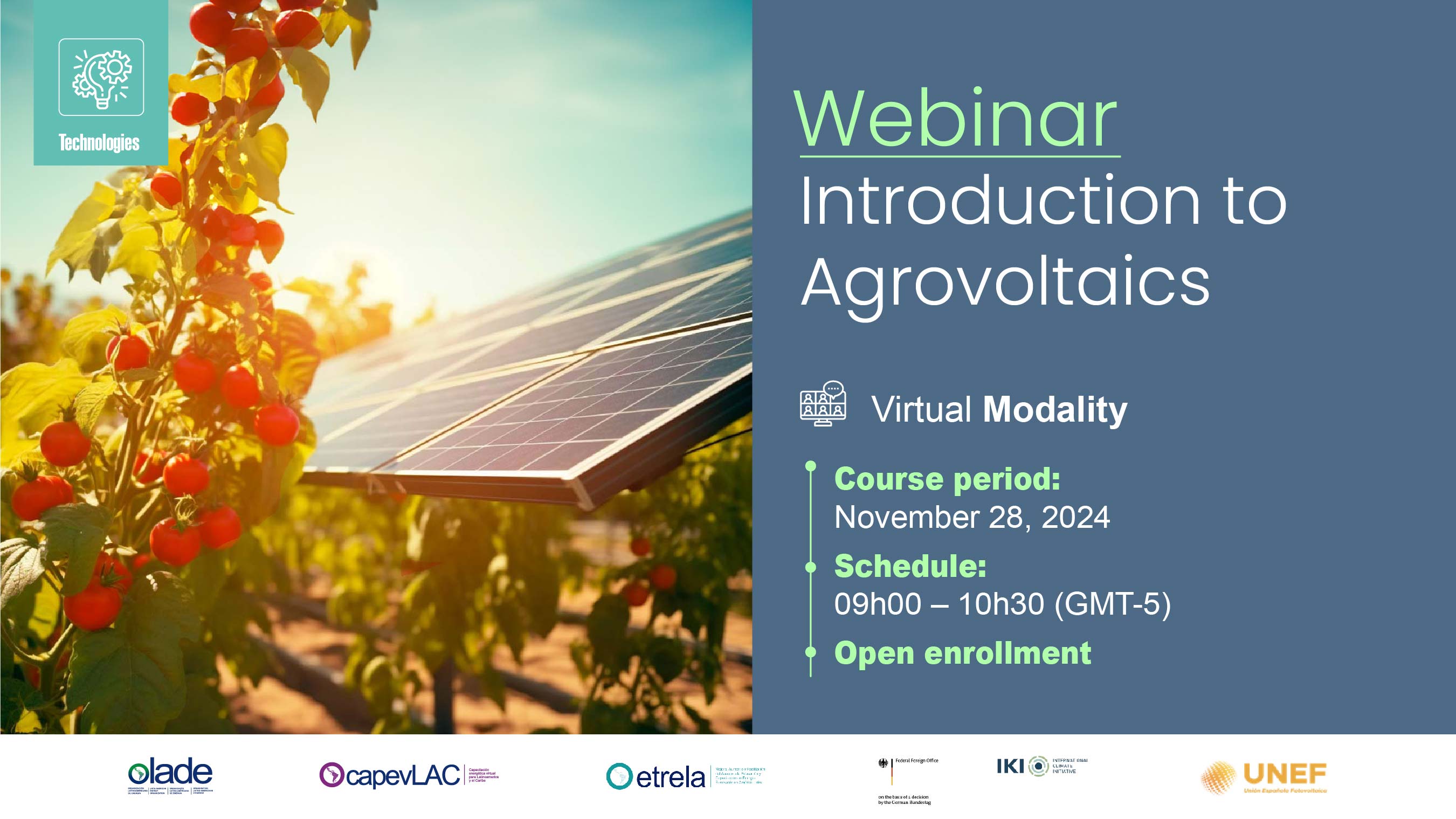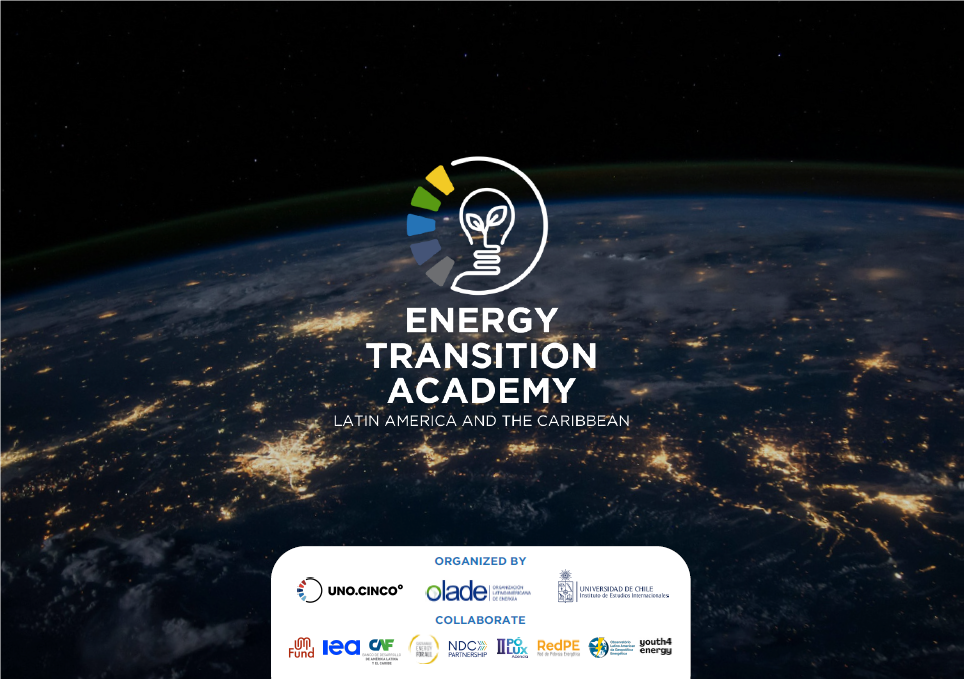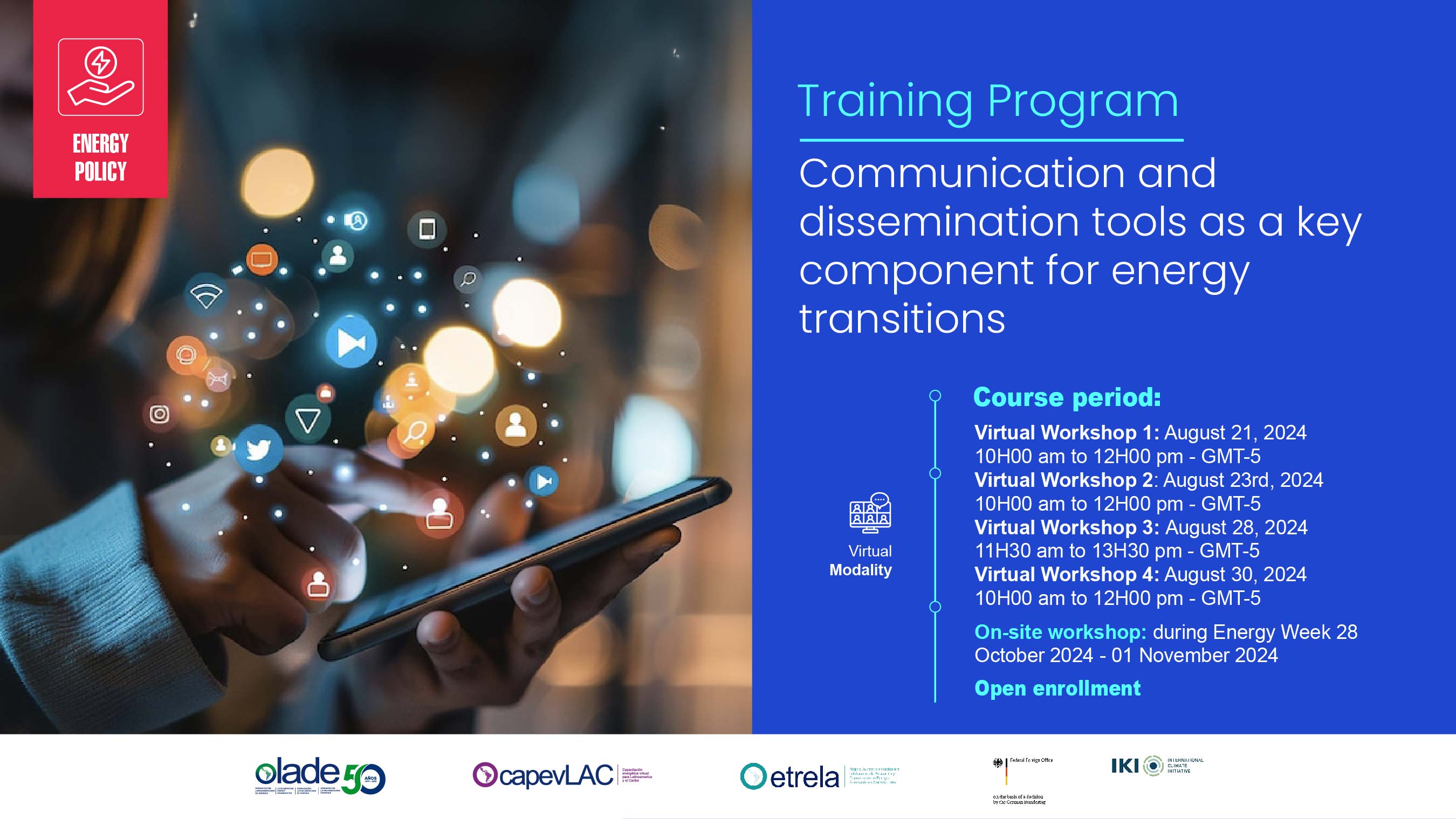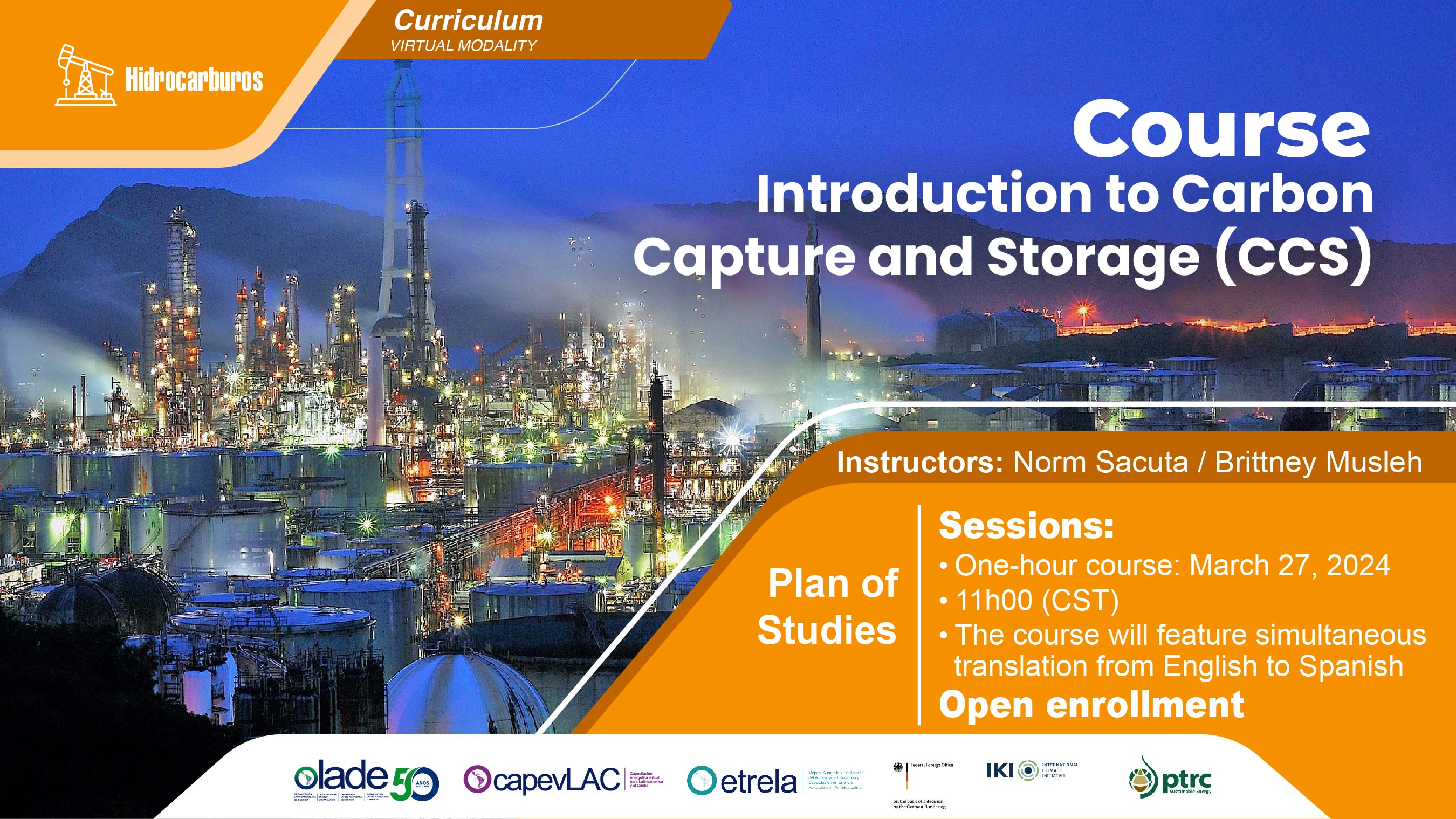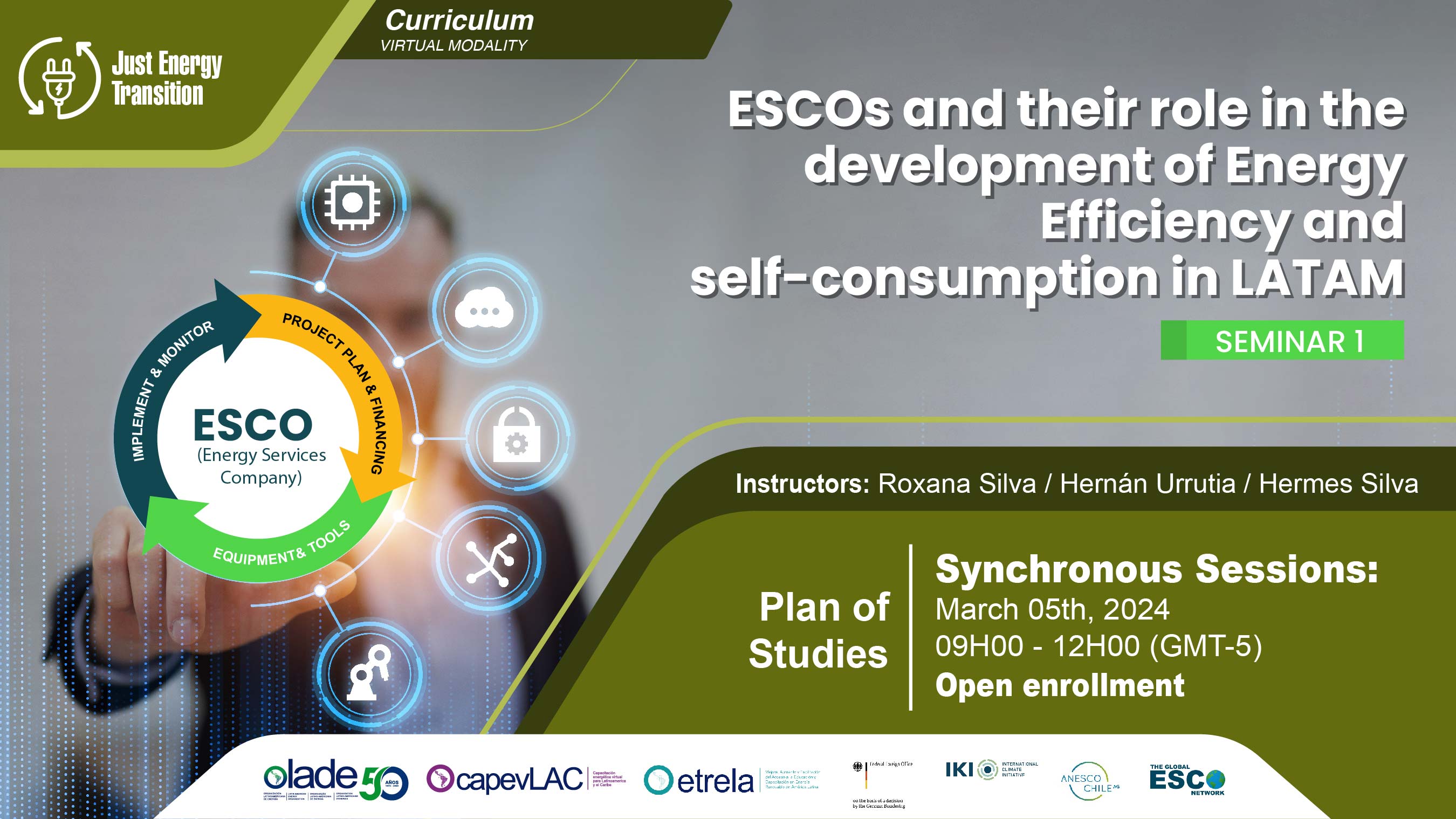- Introduction
Thermal Districts are an innovative urban planning and sustainability solution for the production of heat and cold, which respond to the current dynamics and needs of energy consumption in Latin America. These systems contribute to the energy decongestion of urban centers and to the reduction of the consumption of ozone depleting substances and greenhouse gas emissions. In addition, Thermal Districts are an efficient business model that reduces the operation and maintenance costs of conventional thermal facilities.
The implementation of Thermal Districts offers multiple economic and environmental benefits, promoting a more rational use of energy resources and favoring the transition to cleaner and more sustainable energy sources. These systems not only improve urban air quality by reducing pollutant emissions, but also provide a more reliable energy supply that is adaptable to variations in demand, thus optimizing the overall performance of urban infrastructures.
In the context of Latin America, where many cities face significant challenges related to urban growth and sustainability, Thermal Districts represent a key opportunity to develop more resilient and efficient urban environments. With the increasing adoption of these systems, it is crucial to have skilled professionals who can successfully design, implement and manage these projects, ensuring their long-term viability and integration with other sustainable development initiatives.
- Presentation of the curriculum
The classes will be in virtual format, with the participation of the technical team and interactive with the participants attending to their queries. The course will have a total duration of 20 hours, divided into 5 modules as follows:
| MODULE | OBJECTIVE | HOURLY LOAD | NUMBER OF SESSIONS |
| Module I. Introduction to Thermal Districts | To provide participants with a comprehensive understanding of thermal districts, highlighting their relevance as an innovative solution in the way cities are thought and planned | 4 hours | 2 sessions of 2 hours each |
| Module II. Urban Planning and Thermal Districts | To train participants in the integration of thermal districts within sustainable urban planning, analyzing their role in improving energy efficiency and urban quality of life.. | 4 hours | 2 sessions of 2 hours each |
| Module III. Constituent Elements of a Thermal District | To provide participants with a detailed understanding of the essential components that make up a Thermal District, as well as their function and interrelationship within the system.. | 4 hours | 2 sessions of 2 hours each |
| Module IV. Asset Management and Operation of a Thermal District | To train participants in effective asset management and operation of a thermal district. | 4 hours | 2 sessions of 2 hours each |
| Module V. Principles of Economics and Business Models Applicable to Thermal District Projects | To provide participants with an understanding of the economic principles and business models applicable to Thermal District projects, giving an approach to the evaluation of the financial viability and profitability of these systems.. | 4 hours | 2 sessions of 2 hours each |
- General objective of the curriculum
To transmit knowledge and tools to establish the necessary capacities in transversal areas that must be taken into account for the integral development of Thermal Districts projects, consolidating knowledge and tools for design, implementation, maintenance, operation, as well as their technical and economic evaluation.
- Learning outcomes of the curriculum
Upon completion of the curriculum, the student will be able to:
– Recognize opportunities for the application of Thermal Districts as a solution to air conditioning and energy demand issues.
– Identify tools for the design, implementation, maintenance and operation of the Thermal Districts.
– Perform a basic technical and economical evaluation of Thermal Districts.
– Identify the personnel necessary for the implementation of Thermal District projects.
– Relate the Thermal District to its environment and identify potential customers and sources of energy generation.
- Participant Profile
Energy engineers and technicians, architects and urban planners, energy and environmental managers, students of related careers, entrepreneurs and managers in the energy sector, as well as public officials and energy policy makers.
This course is ideal for professionals interested in the design and operation of thermal systems, sustainable urban planning, energy efficiency and the implementation of renewable technologies. It also benefits engineering and architecture students, energy entrepreneurs, project managers, investors, municipal officials, and regulators seeking to gain practical knowledge about Thermal Districts and contribute to a more sustainable and efficient energy future.
- Curriculum Intensity
The study plan will have the following hourly load:
| MODULE | HOURLY LOAD | NÚMERO DE SESIONES |
| Module I. Introduction to Thermal Districts | 4 hours | 2 sessions of 2 hours each |
| Module II. Urban Planning and the Thermal Districts | 4 hours | 2 sessions of 2 hours each |
| Module III. Constituent Elements of a Thermal District | 4 hours | 2 sessions of 2 hours each |
| Module IV. Asset management and operation of a Thermal District. | 4 hours | 2 sessions of 2 hours each |
| Module V. Principles of economics and business models applicable to Thermal District projects. | 4 hours | 2 sessions of 2 hours each |
- Registration
Participants must register as users at: https://capevlac.olade.org/registro/ and then register for the curriculum through the following link: https://capevlac.olade.org/transicion-energetica-justa/courses/distritos-termicos/
| This curriculum is open access and has no cost for OLADE Member Countries to be implemented under the ETRELA project “Improving, increasing and facilitating access to education and training in renewable energy in Latin America” funded by the International Climate Initiative (IKI) of the Government of Germany and in cooperation with the Colombian Association of Air Conditioning and Refrigeration ACAIRE and its Center for Research and Development of Air Conditioning and Refrigeration CIDARE. |
- Training Methodology
The OLADE knowledge community: https://capevlac.olade.org/ will store all the syllabus material composed of: lessons, links for each synchronous session and consultation and evaluation tools. The participant must enter this platform with the username and password registered at the time of registration.
The virtual sessions will be delivered in synchronous online mode, which implies real-time interaction between instructors and participants using OLADE’s videoconferencing platform.
- Intellectual Property
All material produced and distributed in this course must be used exclusively by the person registered in the course. The use of the material for purposes other than the training action itself must be consulted and approved by OLADE.
- Instructors
- Camilo Arias | PhD in Energy Engineering from the University of Seville, MSc. In Mechanical Engineering and Mechanical Engineer from the Universidad de los Andes. More than 20 years as a university professor, researcher in renewable energy transformation systems, specifically in solar thermal and photovoltaic energy, energy efficiency in building and passive conditioning systems. carias@udistrital.edu.co
- Carlos Javier Herrera | Mechanical Engineer graduated from Universidad Nacional de Colombia, Master in Project Management, with 20 years of experience in design, maintenance and assembly coordination of heating, air conditioning, mechanical ventilation and refrigeration systems. cjherrerac@unal.edu.co
- Juan Pablo García | Architect. Master in Urban Design. Master’s Degree in Urban and Territorial Development. Ability to work in groups and lead land use planning, urban planning, urban design and architecture processes; in their different stages of management, preparation, diagnosis, formulation, execution and/or supervision. Experience in university teaching. jpgarciaestefan@gmail.com
- Eric Escobar | Mechanical Engineer from Universidad Nacional de Colombia and Master in Projects from Universidad EAFIT. Professional in charge of the operation and maintenance of La Alpujarra Thermal District in Medellin.
- Juan Ignacio Bueno | Senior Consultant with over two decades of dedicated industry experience. Recognized speaker in Technology for Intelligent and Sustainable Infrastructures, forging successful collaborations with local and multinational companies and driving long-term business growth, sustainable sales expansion and achieving double-digit profitability. Electronic Engineer and Project Management Specialist from Pontificia Universidad Javeriana de Bogotá. Specialist in Management Development from George Washington University, Specialist in Strategic Marketing and Commercial Management from the University of San Francisco and MBA in International Business Administration from the Universitat Internacional de Catalunya. ing.buenoj@gmail.com
- Content of the Study Plan
| Module | Session | Topic | Instructor | Date | Start time
(GMT-5) |
End time |
| 1 | 1.1 | Introduction to Thermal Districts | Camilo Arias | 3-09-2024 | 9H00 | 11H00 |
| 1.2 | 5-09-2024 | 9H00 | 11H00 | |||
| 2 | 2.1 | Urban Planning and Thermal Districts | Juan Pablo García | 10-09-2024 | 9H00 | 11H00 |
| 2.2 | 12-09-2024 | 9H00 | 11H00 | |||
| 3 | 3.1 | Constituent Elements of a Thermal District | Carlos Herrera | 17-09-2024 | 9H00 | 11H00 |
| 3.2 | 19-09-2024 | 9H00 | 11H00 | |||
| 4 | 4.1 | Asset Management and Operation of a Thermal District | Eric Escobar | 24-09-2024 | 9H00 | 11H00 |
| 4.2 | 26-09-2024 | 12H00 | 14H00 | |||
| 5 | 5.1 | Principles of economics and Business Models applicable to Thermal District projects | Juan Bueno | 1-10-2024 | 9H00 | 11H00 |
| 5.1 | 3-10-2024 | 12H00 | 14H00 |
Course Features
- Lecture 0
- Quiz 0
- Duration 10 weeks
- Skill level All levels
- Language English
- Students 2
- Certificate No
- Assessments Yes

